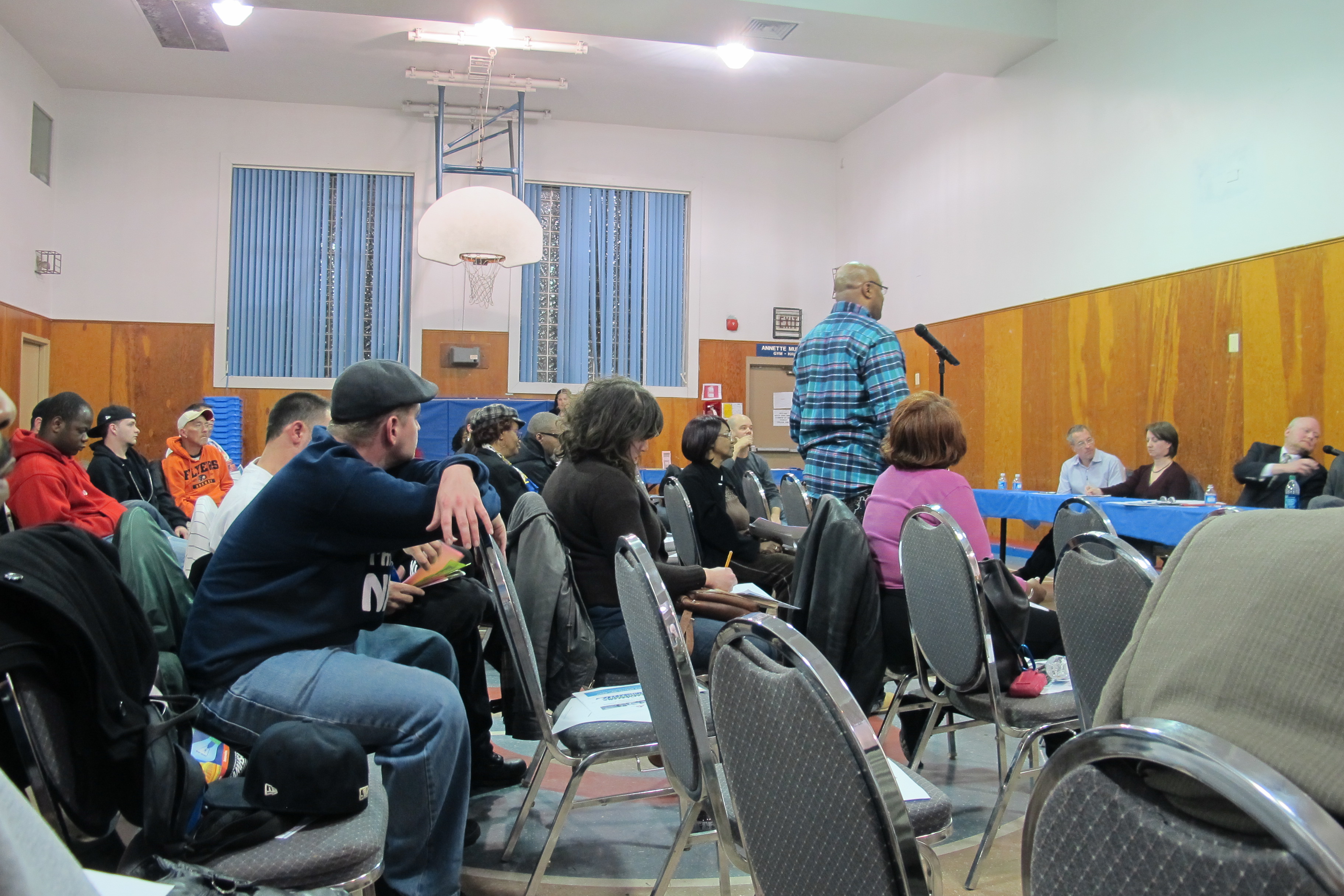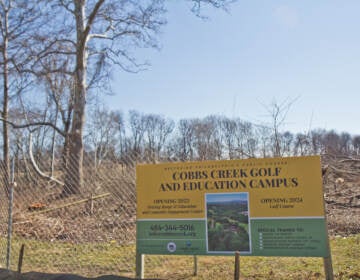City’s crop of Registered Community Organizations grows

After months of back-and-forth over potential new regulations governing Philadelphia’s Registered Community Organizations (RCOs), it looks like the city will have slightly more groups registered than it did when the process started. But many of the new groups whose applications have been approved are political wards, an issue that caused controversy in the past.
The city established the RCO designation as a result of the redrafting of the zoning code in 2011. The move was intended to simplify the civic engagement process. The Planning Commission commission will alert any registered group whenever a developer is seeking a zoning variance in the group’s geographic purview. The developer will then be required to hold a public meeting with the RCO(s) in question.
But the laws governing RCOs have been fraught with difficulty since their inception a mere five years ago. West Philadelphia council representative Jannie Blackwell sought to define the organizations more generously than the original legislation, allowing them to re-register every three years instead of annually, allowing them to claim a greater mileage as part of their territory, and scrapping a rule that required them to hold regular public meetings. In response, council representative Bobby Henon, returned the organizations to their more geographically narrowly defined status and required re-registration every two years, among other more stringent rules.
As a result of Henon’s 2013 reforms, the Planning Commission requested that RCOs undergo a new set of application requirements when they re-register. The window for this year’s batch of applicants stretched from the end of June until the end of July, although the commission spent August helping groups refine their applications.
Of the 271 RCOs in the city, the Planning Commission said 243 were up for renewal this year. Of those, 18 groups did not submit renewal applications, six sent in incomplete applications, and five were not accepted.
“All the people so far who have been accepted have been notified, just because we can do that as we go along,” says Mason Austin, RCO coordinator for the Planning Commission. “We only have started notifying those who have not been accepted. That process is happening now, but is not complete. They are not aware of that [their failure to register] yet.”
In addition to those who are reapplying, 57 new organizations submitted applications to become RCOs. Of those 17 were declined and 39 were approved, including 24 political wards (17 of them Republican) and 15 non-profit or volunteer groups.
There are still around five applications under review, so the newly updated list of the city’s RCOs will not be ready until the beginning of next week.
All told there will be a net gain of at least eight more RCOs at the end of the registration process than there were the beginning. The Planning Commission does not believe there are many corners of the city left unrepresented after the reshuffling of the RCOs.
“One of the things we saw in the new registration period that a lot of the new groups that applied were wards,” says Andrew Meloney. “Because of that primarily almost all of the city is covered by an RCO. Only small holes remain, primarily in the North or Northeast areas.”
WHYY is your source for fact-based, in-depth journalism and information. As a nonprofit organization, we rely on financial support from readers like you. Please give today.





